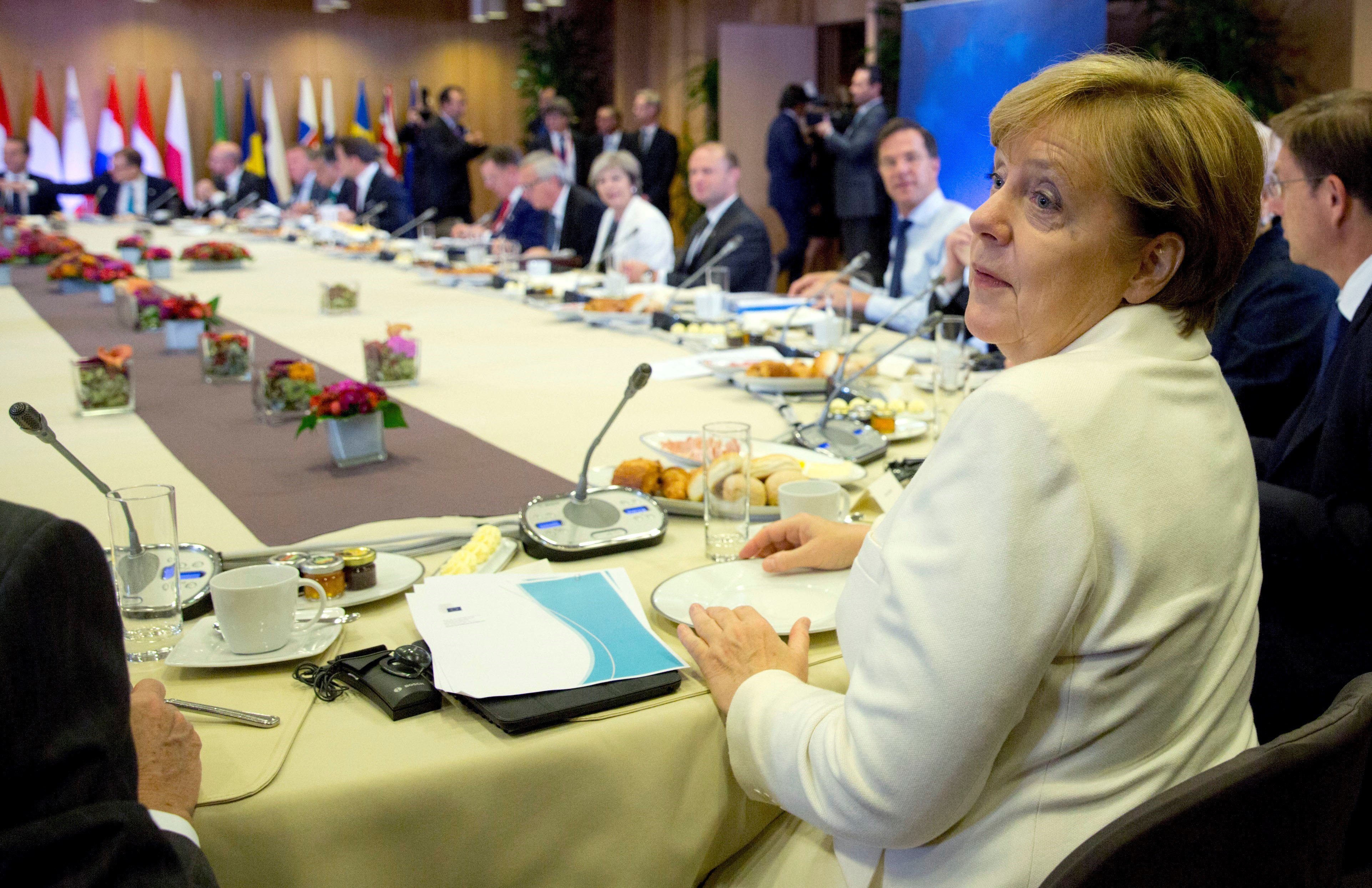The German government has decided to maintain a position of complete neutrality towards Spain's European Arrest Warrant against president Carles Puigdemont, meaning that his extradition depends on the courts, starting with the state prosecutor's application to the higher regional court of Schleswig-Holstein after Easter, according to German news weekly Der Spiegel. Nor will the German government use its right to veto the justice system's decision.
The decision was made after talks by telephone between justice minister Katarina Barley, foreign minister Heiko Maas, the head of the chancellery, Helge Braun, and Hans-Georg Engelke, an undersecretary in the interior ministry. They discounted any "political interference" in a matter they believe to be especially delicate. Der Spiegel reports that the conversations took place on Sunday evening, the day Puigdemont was taken into custody.
According to the news magazine, the German government also wants to avoid the affront to the federal states involved in such a veto after conceding them approval in extradition cases. Puigdemont's German lawyer, Wolfgang Schomburg, had asked the German government to confirm that the country doesn't grant extradition for political reasons.
Der Spiegel quotes two German legal scholars who suggest that Puigdemont cannot be attributed with the charge of rebellion the Spanish judge brings against him. "It's obvious that that doesn't constitute any German statutory offence", said defence lawyer Michael Rosenthal. Former president of a chamber of the Federal Court of Justice, Thomas Fischer, said: "it's not obvious that Mr Puigdemont had the intention of using violence to destabilise Spain".

